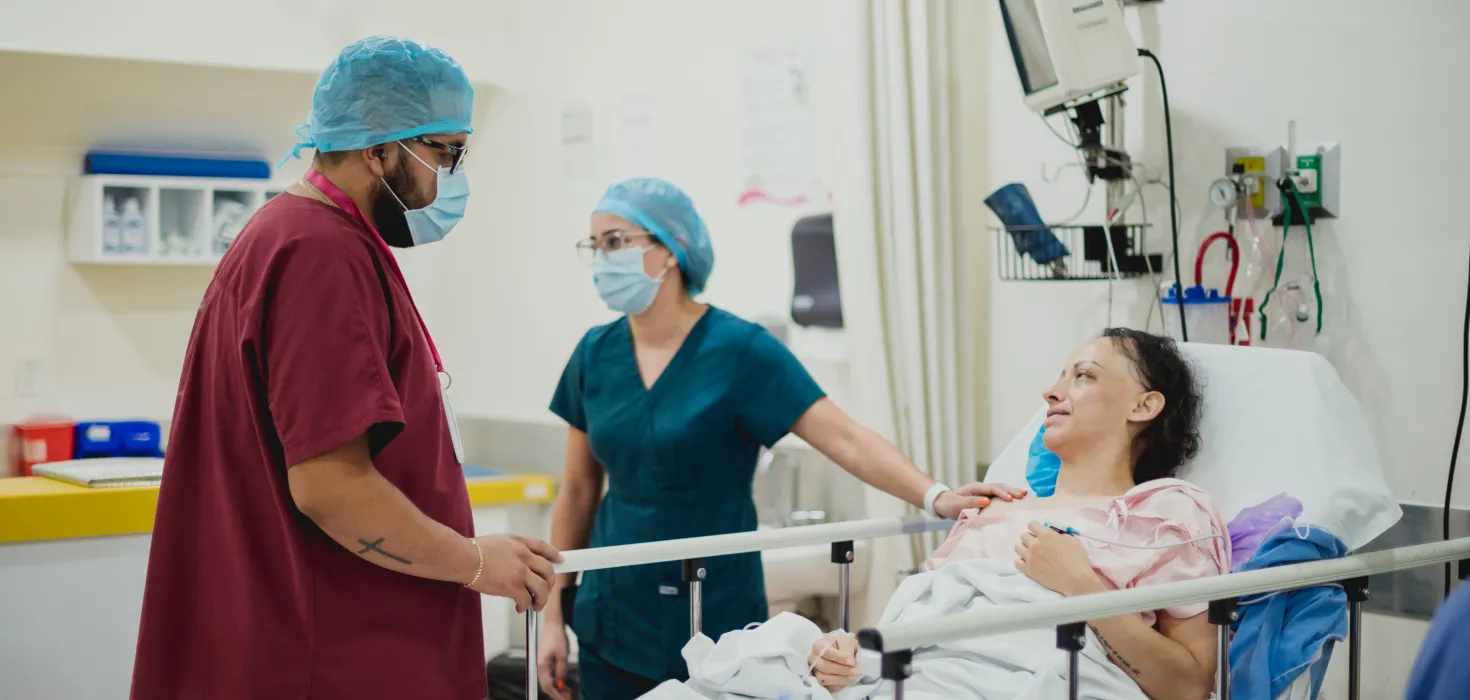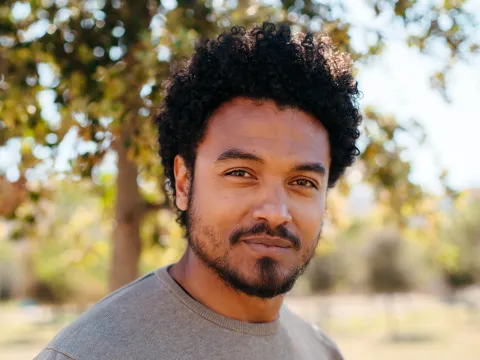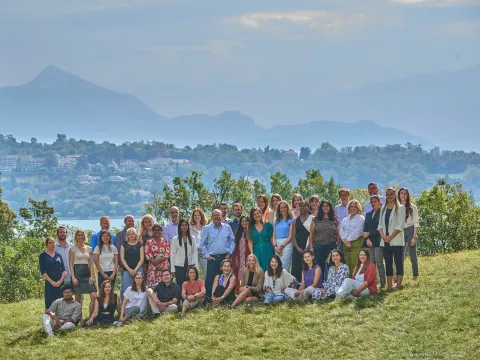Cancer is more than just a medical diagnosis—it’s a deeply personal matter. That’s why a people-centred approach to cancer care leads to the best health outcomes and is key for change.
The new World Cancer Day campaign 2025-27 “United by Unique” will explore different dimensions of people-centred cancer care and new ways of making a difference.





